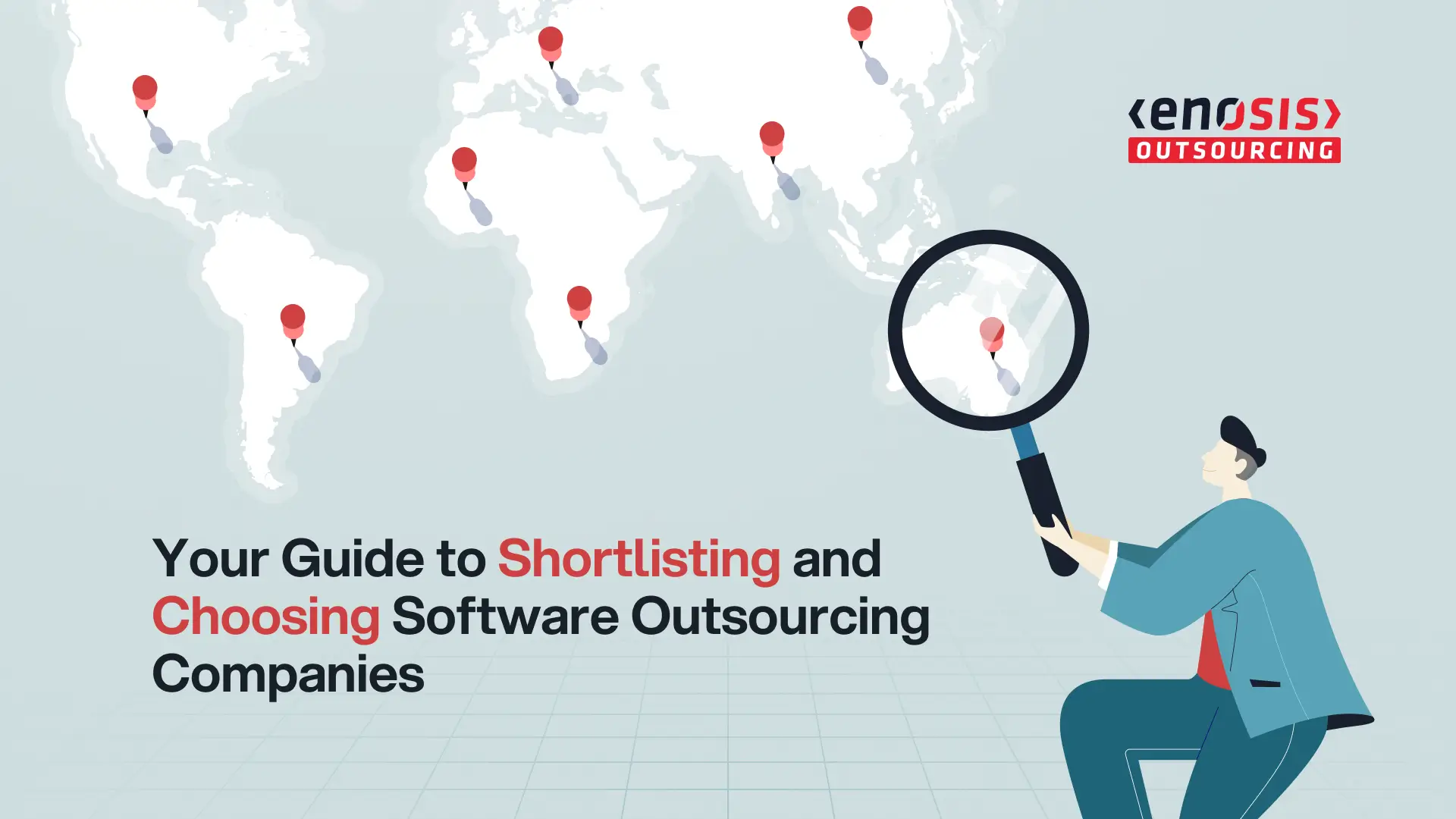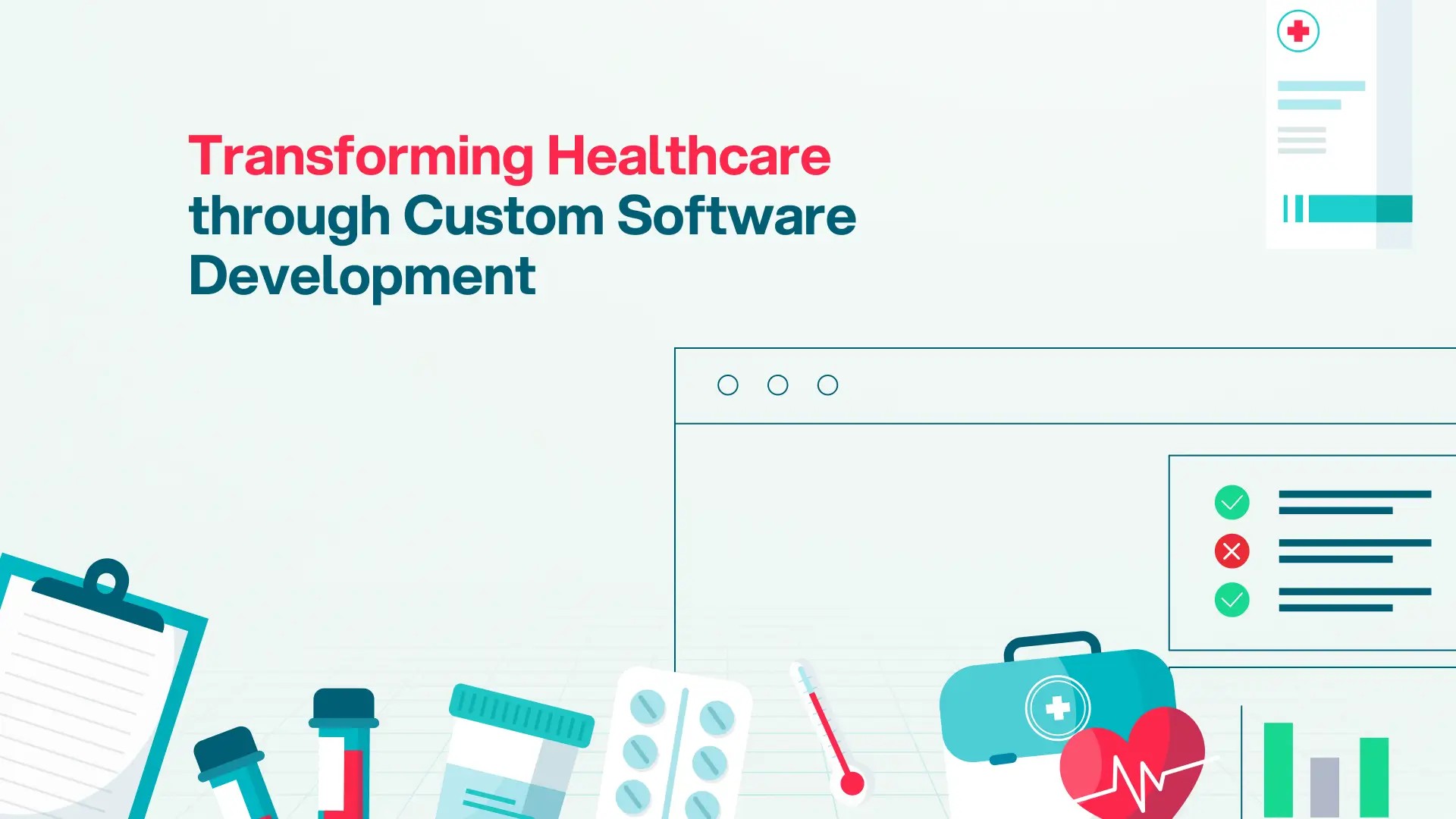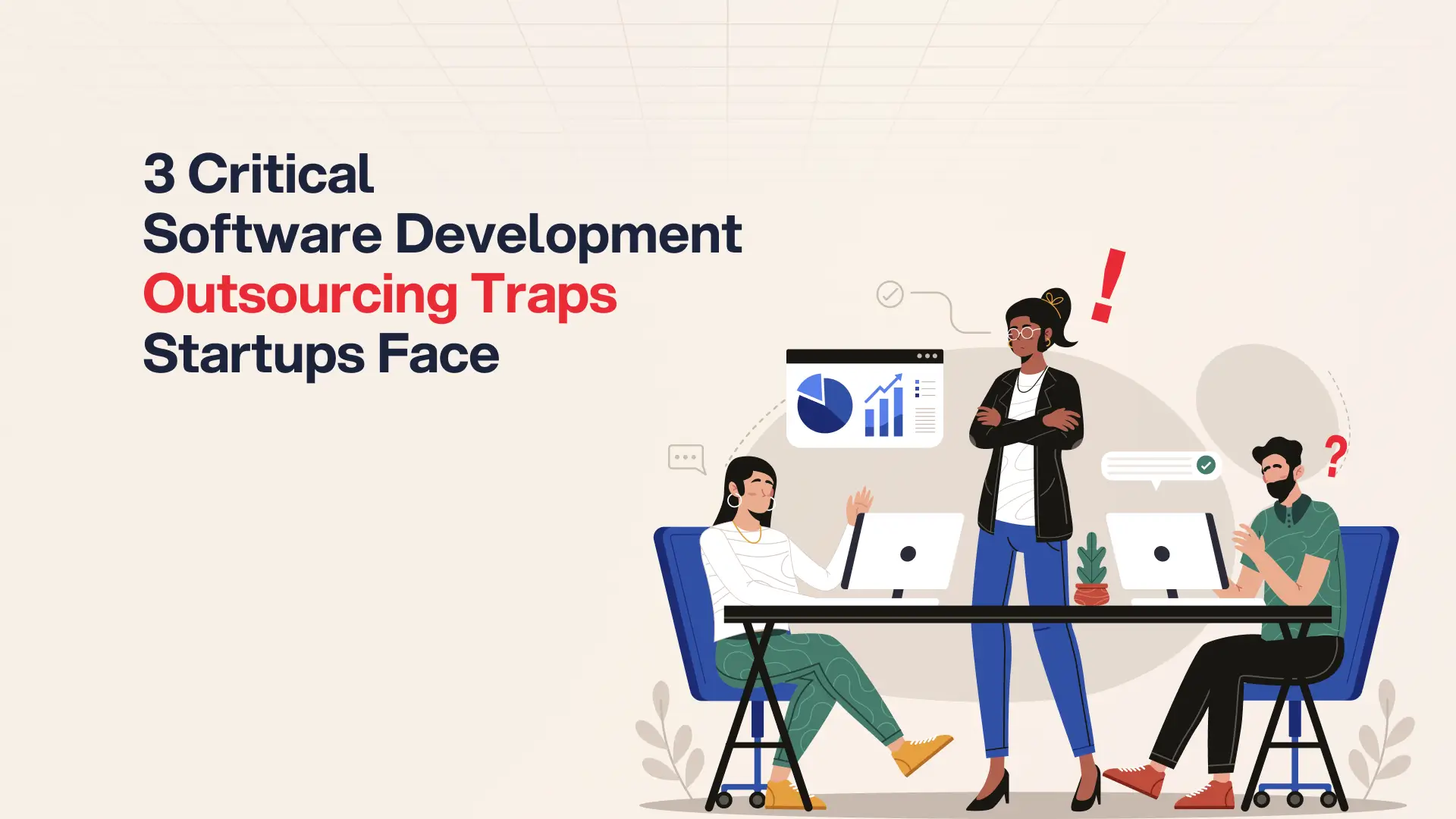Post Activity
 241
241
Table of Content
Share This Post
Table of Content
Bulgaria has solidified its position as a leading IT outsourcing destination in Eastern Europe, offering a powerful blend of skilled software engineers, competitive labor costs, and strong alignment with Western European business practices. With a Political Stability Index of 55.45, a well developed digital infrastructure, and full participation in the EU-US Data Privacy Framework, Bulgaria provides a stable and secure environment for software development outsourcing.
As companies in the European Union, UK, and North America seek reliable nearshore outsourcing partners to drive digital transformation, Bulgaria’s 66,000-strong tech talent pool, EU membership, and very high English proficiency make it a top choice for IT services in 2025. This article explores Bulgaria’s strategic advantages in the IT software outsourcing market, highlighting its robust talent pool, cost efficiency, and modern outsourcing models.
Strategic Recap: Why Outsource to Bulgaria?
Bulgaria’s combination of technical education, cost-effective software development rates, and regulatory alignment positions it as a resilient and scalable partner for outsourcing software development.
i. Benefits
- Highly educated, multilingual tech talent with strong English proficiency.
- EU aligned legal environment ensures IP protection and GDPR compliance.
- Nearshore collaboration with Western Europe and cultural compatibility.
ii. Challenges
Smaller market size compared to Poland or Romania
Brain drain to Western Europe and rising internal wage pressures
High demand for top-tier developers creates retention challenges
Tech Ecosystem: Bulgaria’s Digital Foundation
Bulgaria’s tech education system and digital infrastructure are anchored by major tech hubs in Sofia, Plovdiv, Varna, and Burgas. These cities host IT parks, R&D centers, and international outsourcing hubs, driving software solutions and digital transformation services.
Key highlights:
- Bulgaria ranks among the top 10 globally in programming and algorithmic skills (HackerRank), excelling in programming languages like Python, Java, and C++.
- Over 70% of IT professionals are proficient in two or more languages, including English, German, and French, supporting customer service and project management.
- STEM graduates from institutions like Sofia University and the Technical University of Varna fuel the talent pool.
- Global tech giants like VMware, SAP, TCS, IBM, and HP operate R&D centers, reflecting confidence in Bulgaria’s business environment.
- The Digital Bulgaria 2025 strategy prioritizes AI development, cloud infrastructure, and 5G expansion, with a goal of nationwide gigabit access by 2030.
- Public private tech programs foster collaboration between global and local firms, emphasizing innovation and industry-academia partnerships.
- A Human Capital Index of 0.6 and Startup Ecosystem Health Index ranking of 41st highlight Bulgaria’s growing technology markets.
Find your ideal outsourcing partner in Bulgaria!
Boom of the IT Industry
Bulgaria’s ICT sector contributes 5.50% to national GDP, with the IT services market size reaching $463.30 million in 2024. IT exports are a significant driver, with consistent growth fueled by:
- Nearshore outsourcing demand from European Union clients, particularly Germany and the Nordics.
- Strong performance in fintech, healthtech, e-commerce development, and AI-powered app development.
- Accelerated adoption of cloud computing, DevOps services, and data analytics for digital transformation projects.
The country is also gaining a reputation for mobile app development, software quality assurance, cybersecurity, and database systems, making it one of the best countries to outsource software development.
Outsourcing Operations and Models
Bulgarian outsourcing firms offer flexible, agile workflows and modern engagement models:
Staff Augmentation: Integrate Bulgarian software developers into in-house teams to address technical requirements or scaling needs.
Dedicated Teams: Long-term partnerships with cross-functional team leads and project managers, offering full project ownership and quality assurance support.
Project Based Engagements: Turnkey custom software projects, ideal for Minimum Viable Product (MVP) development, product revamps, or API-based systems.
Hybrid Engagements: Combine local leadership with remote Bulgarian execution for cost optimization and process visibility.
Firms adhere to ISO 27001, SOC 2, and GDPR frameworks, using tools like Jira, GitLab, and Google Meet to ensure project engineering transparency and quality standards.
Top IT Outsourcing Companies in Bulgaria
Leading Bulgarian IT outsourcing firms serve global clients with cost-effective IT solutions:
- ScaleFocus: Delivers digital transformation, cloud solutions, and custom software development for enterprises. Clutch Rating: 4.9 | Rate: $50–$99/hr | Team Size: 800+
- Wiser Technology: A boutique firm offering full-stack development, cloud engineering, and DevOps services. Clutch Rating: 4.9 | Rate: $25–$49/hr | Team Size: 360+
- Accedia: Specializes in agile software development, user experience (UX) design, and data engineering for financial services and manufacturing. Clutch Rating: 4.8 | Rate: $50–$99/hr | Team Size: 200+
- Sirma: Delivers enterprise-grade software, AI-driven platforms, and cloud-native apps across finance, government, and healthtech. Clutch Rating: 5.0 | Rate: $50–$99/hr | Team Size: 400+
These firms serve clients in the US, UK, Switzerland, and Germany, backed by robust legal experts, delivery governance, and technical documentation.
Thinking of Outsourcing?
Access a wide range of outsourcing companies and find your best fit.
Why Global Companies Choose Bulgaria
Time Zone and Language Alignment
- Eastern European Time (EET, UTC+2, UTC+3 with Daylight Saving Time) supports real time collaboration with Western Europe.
- Very high English proficiency, plus fluency in German and French, enhances customer support for DACH and Benelux markets.
- Cultural Compatibility Index (Hofstede: PDI 70, IDV 50, UAI 85) ensures alignment with Western business values and strong communication skills.
Regulatory and Legal Reliability
- As an EU member, Bulgaria enforces GDPR as national law, with updates planned for 2025 to strengthen cybersecurity frameworks. This ensures robust data privacy through GDPR compliance and Intellectual Property protection via the Copyright Act, critical for healthcare, finance, and legal sectors.
- Transparent tax policies and trade agreements minimize geopolitical instability risks.
- Participation in the EU-US Data Privacy Framework ensures secure data transfers for certified U.S. companies.
Talent and Delivery Maturity
- A talent pool of 66,000 IT professionals, bolstered by 6,000 STEM graduates annually and a 12% talent pool growth rate, ensures access to highly skilled tech professionals for software engineering and project management.
- High developer retention and structured onboarding ensure project continuity.
- Government reskilling initiatives, including STEM centers in schools by 2026 and vocational ICT programs, support ongoing tech education.
Return on Innovation
- Bulgaria is a strategic partner for innovation outsourcing:
High QA maturity reduces rework, shortening time-to-market for software solutions. - Multilingual, agile-ready teams enhance communication skills and delivery clarity.
- A cost of living advantage and foreign exchange rate of 1.71 Bulgarian Lev provide outsourcing cost savings, with an inflation rate of 3.7% maintaining economic stability.
Risk Considerations
i. Talent Migration
- Challenge: Skilled tech professionals may relocate to Western Europe.
- Mitigation: Partner with firms offering robust retention policies and remote-first infrastructure.
ii. Market Saturation in Sofia
- Challenge: Rising software development rates in the capital.
- Mitigation: Explore vendors in secondary cities like Plovdiv and Varna for cost-effective outsourcing.
iii. Limited Deep-Tech Ecosystem
- Challenge: Fewer firms specialize in cutting-edge artificial intelligence or blockchain.
- Mitigation: Vet firms with R&D centers or international research partners.
Vendor Selection Checklist
Select vendors with:
- Industry specific expertise (e.g., healthcare, fintech);
- Proven global delivery and international track records;
- Agile processes and robust IP security protocols;
- Scalability to handle growing project demands over time;
- Adequate team size to ensure resource depth;
- Positive client feedback and case studies demonstrating impact;
- Multi-time-zone support for seamless distributed team coordination;
- Transparent pricing models with clear cost breakdowns.
Final Thoughts: Bulgaria’s Strategic Edge
Bulgaria’s position in the 2025 IT outsourcing landscape is defined by its EU-grade compliance, time zone compatibility, and high-quality software engineering. With a Digital Infrastructure score of 0.15, a Global AI Index of 0.58, and government reskilling initiatives, Bulgaria’s tech ecosystem is poised for growth. The Digital Bulgaria 2025 strategy, combined with a robust talent pool and cultural compatibility, makes it an ideal partner for agile product development, AI-driven personalization, and digital transformation initiatives.
For strategic decision-makers seeking nearshore outsourcing in Eastern Europe, Bulgaria offers not just cost efficiency but also innovation, scalability, and long-term project continuity, positioning it among the best countries to outsource software development.
Find Your Perfect Software Outsourcing Partner
Unlock a world of trusted software outsourcing companies and elevate your business operations seamlessly.






